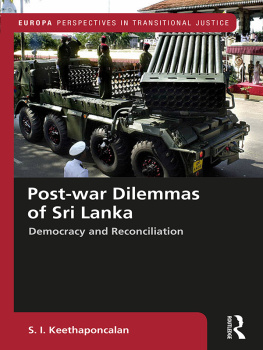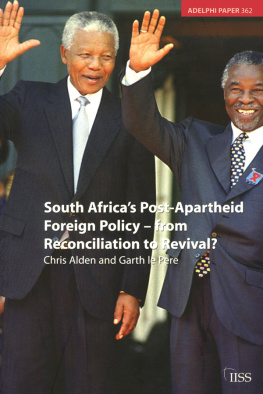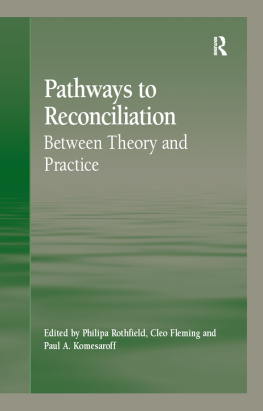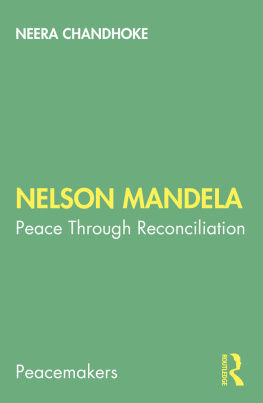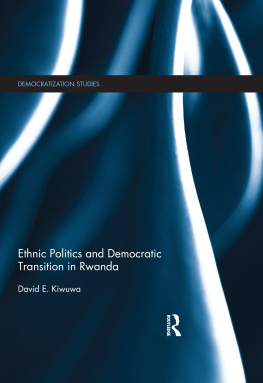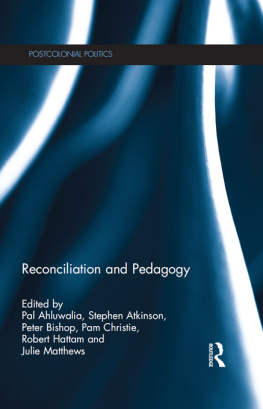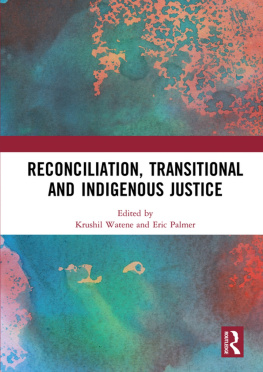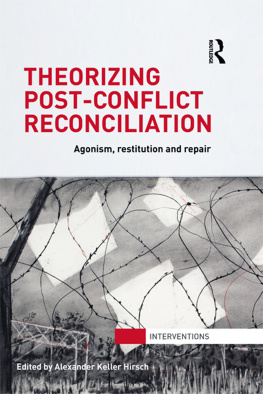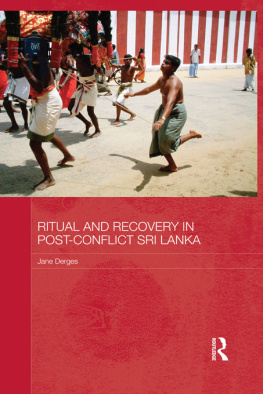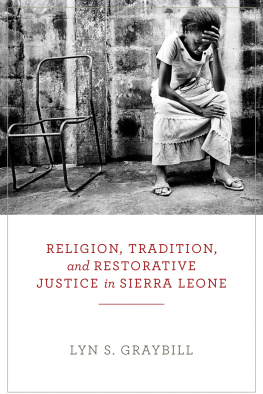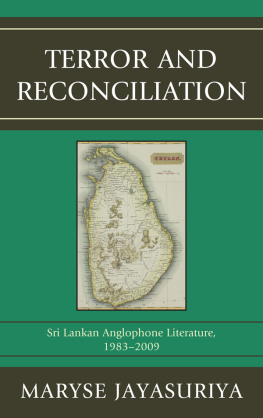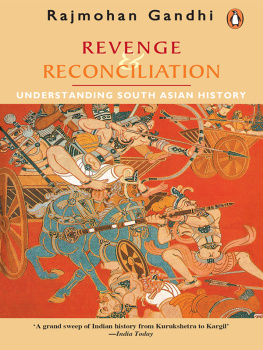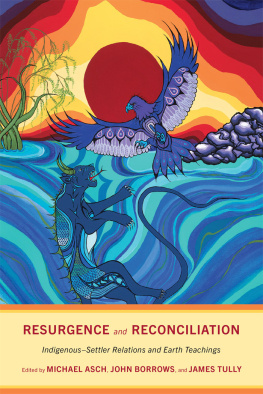Post-war Dilemmas of Sri Lanka
By investigating Sri Lanka as a case study, this book examines whether democracy, compared to authoritarianism, is conducive to post-war reconciliation. The research, founded on primary as well as secondary data, concludes that political systems have little to do with the success or failure of post-war ethnic reconciliation. The Sri Lankan case indicated that post-war reconciliation is more contingent on the readiness of the former enemies to come together. Readiness stems from, for example, satisfaction in the way issues have been resolved, confidence in the other party's intentions, and the compulsion to coexist. If the level of satisfaction, confidence, and the compulsion to coexist are low, the readiness to reconcile will also be low.
The end of the war had a profound impact on post-war governance and ethnic relations in Sri Lanka. Hence, the volume provides an in-depth analysis of the factors that led to the military victory of the Sri Lankan government over the Liberation Tigers of Tamil Eelam (LTTE) in 2009. The chapters delve into the nexus between governance and reconciliation under the first two post-war governments. Reconciliation did not materialize in this period. Instead, new fault-lines emerged as attacks on the Muslim community escalated drastically. This book provides a comprehensive analysis of the nature of relations between the Sinhalese and Muslims and the Tamils and Muslims, as well as the nature and causes of post-war anti-Muslim riots.
Dr S. I. Keethaponcalan teaches conflict resolution at Salisbury University, Maryland, USA. Until recently he served as Chair of the Conflict Analysis and Dispute Resolution Department. Prior to joining Salisbury University in 2011, he was a Professor of Political Science and Chair of the Department of Political Science and Public Policy at the University of Colombo, Sri Lanka. Dr Keethaponcalan has also served as a researcher in several international institutions, including the United Nations Institute for Disarmament Research (UNIDIR) in Geneva, Switzerland, and the United Nations University in Tokyo, Japan. His recent publications include: Conflict Resolution: An Introduction to Third Party Intervention (2017. Lanham, MD: Lexington Books), Violence, Nonviolence, and Ethnic Reconciliation in Post-War Sri Lanka (Peace & Policy. 2015),
Europa Perspectives in Transitional Justice
The Europa Perspectives in Transitional Justice series from Routledge, edited by Professor Tim Murithi, provides a platform for innovative research and analysis of concepts, strategies and approaches to dealing with the past in deeply divided societies worldwide. The series encourages multidisciplinary scholarship on issues relating to reconciliation and how it is enhanced by efforts to promote redress and achieve socio-economic justice. The series aims to provide an invaluable resource for academics, policymakers, peace practitioners, researchers and all those interested in issues relating to addressing the deep-seated divisions within countries and communities. It also aims to propose forward-looking recommendations on how to achieve societal transformation.
The series comprises individual and edited volumes which provide analysis of transitions taking place at the global, regional and country levels, as well as engaging with thematic issues in the broad field of transitional justice and reconciliation.
Tim Murithi is Extraordinary Professor of African Studies at the Centre for African Studies, University of the Free State, and also Head of the Justice and Reconciliation in Africa Programme at the Institute for Justice and Reconciliation in Cape Town, South Africa. He has more than 21 years of experience in the fields of peacebuilding, governance, international justice and security in Africa. He sits on editorial boards and advisory panels for the Journal of Peacebuilding and Development, African Journal of Conflict Resolution, the Africa Peace and Conflict Journal and the journal Peacebuilding. He is author and editor of eight books; in addition he has authored more than 75 journal articles, book chapters and policy papers.
South Africas Struggle to Remember
Contested memories of squatter resistance in the Western Cape
Kim Wale
Truth, Justice and Reconciliation in Colombia: Transitioning from Violence
Edited by Fabio Andrs Daz Pabn
Post-war Dilemmas of Sri Lanka
Democracy and Reconciliation
S. I. Keethaponcalan
For more information about this series, please visit: www.routledge.com/Europa-Perspectives-in-Transitional-Justice/book-series/ECPTJ
First published 2019
by Routledge
2 Park Square, Milton Park, Abingdon, Oxon OX14 4RN
and by Routledge
52 Vanderbilt Avenue, New York, NY 10017
Routledge is an imprint of the Taylor & Francis Group, an informa business
2019 S. I. Keethaponcalan
The right of S. I. Keethaponcalan to be identified as author of this work has been asserted by him in accordance with sections 77 and 78 of the Copyright, Designs and Patents Act 1988.
All rights reserved. No part of this book may be reprinted or reproduced or utilised in any form or by any electronic, mechanical, or other means, now known or hereafter invented, including photocopying and recording, or in any information storage or retrieval system, without permission in writing from the publishers.
Trademark notice: Product or corporate names may be trademarks or registered trademarks, and are used only for identification and explanation without intent to infringe.
Europa Commissioning Editor: Cathy Hartley
Editorial Assistant: Lucy Pritchard
British Library Cataloguing in Publication Data
A catalogue record for this book is available from the British Library
Library of Congress Cataloging-in-Publication Data
A catalog record has been requested for this book
ISBN: 978-0-367-18033-1 (hbk)
ISBN: 978-0-429-05934-6 (ebk)
Dedicated to all lives lost due to the ethnic war
Dr S. I. Keethaponcalan teaches conflict resolution at Salisbury University, Maryland, USA. Until recently he served as Chair of the Conflict Analysis and Dispute Resolution Department. Prior to joining Salisbury University in 2011, he was a Professor of Political Science and Chair of the Department of Political Science and Public Policy at the University of Colombo, Sri Lanka. Dr Keethaponcalan has also served as a researcher in several international institutions, including the United Nations Institute for Disarmament Research (UNIDIR) in Geneva, Switzerland, and the United Nations University in Tokyo, Japan. His recent publications include: Conflict Resolution: An Introduction to Third Party Intervention (2017. Lanham, MD: Lexington Books), Violence, Nonviolence, and Ethnic Reconciliation in Post-War Sri Lanka (Peace & Policy. 2015), The Peace Process and Party Politics in Sri Lanka (Alaska Journal of Dispute Resolution. 2014), North- South Relations and Human Rights (Bandung: Journal of the Global South. 2015), A Small Powers Struggle for Independence in the Independent Era the Case of Sri Lanka (African and Asia Studies. 2014), Dragon in the Teardrop: Regional Dynamics of Increasing Chinese Presence in Sri Lanka (Global China: Internal and External Reaches. 2015. Hackensack, NJ: World Scientific Publishing), Hinduism: War, Peace and Conflict and Peace Studies (Peace on Earth: The Role of Religion in Peace and Conflict Studies

